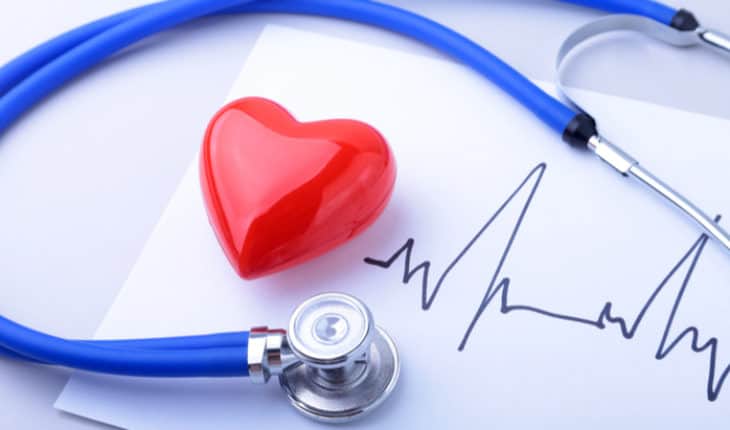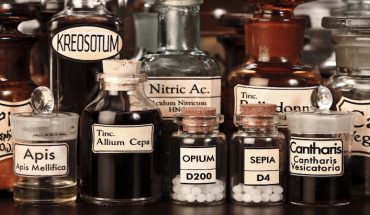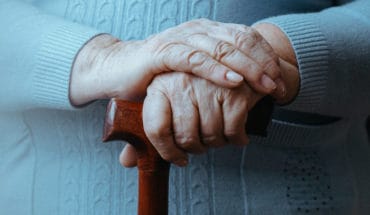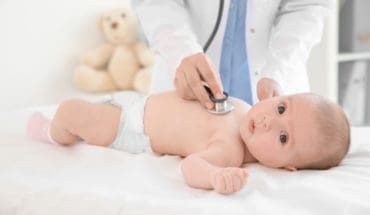Heart attacks can happen to anyone, of any age. Although they are more likely to occur in older people. In the UK there are over 200,000 hospital visits each year due to heart attacks: that’s 1 every 3 minutes.
More than 30,000 out of hospital cardiac arrests (when the heart stops beating effectively) occur in the UK every year. Cardiac arrest can happen at any age.
Surviving heart attacks
However, the outlook for surviving heart attacks and recovery is improving. In the 1960’s more than 7 out of 10 heart attacks in the UK were fatal. These days at least 7 out of 10 people survive. The NHS estimate that if people call for help earlier, the survival rate could rise to 90%.
There are an estimated 1 million people alive in the UK today who have survived a heart attack.
British Heart Foundation data for one day in the UK:
- 420 people will lose their lives to CVD (Cardiovascular disease) – of these more than 110 people will be younger than 75
- 7 million people are living with CVD
- 540 hospital visits will be due to a heart attack
- 180 people will die from coronary heart disease
- 12 babies will be diagnosed with a heart defect
What’s a heart attack?
A heart attack is when one of the coronary arteries becomes blocked. The heart muscle is robbed of its vital blood supply and, if left untreated, will begin to die because it is not getting enough oxygen. If someone is having a heart attack, ideally sit them in the lazy W position and help them take angina medication (GTN) if they have been prescribed it. If the symptoms persist, or get worse, they should chew a 300mg aspirin as prescribed
What’s cardiac arrest?
A cardiac arrest is when a person’s heart stops effectively pumping blood around the body, in particular to the heart and brain and they stop breathing normally. If someone is in cardiac arrest they will be unconscious and taking less than 2 normal breaths in a 10 second period. They will need to receive effective CPR immediately. Use a defibrillator and call an ambulance immediately to give the best chance of recovery.
What is angina?
Angina is discomfort caused by heart muscle complaining due to a reduced blood supply as blood tries to force its way through a narrowed artery. Some people experience this as crushing chest pain or pain radiating down their left arm. The pain can be in their jaw. Some people don’t experience any pain at all. They may be pale, cold and clammy. Could feel sick and thirsty and feel extremely unwell.
How to help yourself if you have a heart attack on your own
Many people will be on their own when they have a heart attack. It is vital to know how to help yourself if you are alone and think you’re having a heart attack. To read our article click here:
Know the warning signs off by heart
The symptoms of heart attacks vary widely. They differ between individuals, but also between men and women.
A heart attack can come on suddenly and be intense. Or it can start slowly and be mild. Some people, particularly post menopausal women or people with diabetes, don’t experience any pain. Some people mistake a heart attack for indigestion or angina. They are likely to be pale, cold and clammy. Might feel sick or thirsty and will feel lightheaded and extremely unwell.
Severe chest pain: Those experiencing severe chest pain are more likely to call 999. Those experiencing less serious symptoms, don’t always seek immediate medical attention. However, responding rapidly when you suspect a heart attack can greatly improve your chances for survival and avoiding serious heart damage.
If you are uneasy about any symptoms. If you have symptoms bought on by exercise or exertion, or if you are woken up by symptoms or they come on at rest – you should always quickly seek medical help.
Classic heart attack symptoms
The classic symptom of a heart attack is pain in the chest, especially in the centre, that lasts for a few minutes and comes and goes. This discomfort may feel like pressure, tightness, squeezing, or an aching sensation. The pain can radiate into the neck, arms, back, jaw, or stomach. It can manifest as pain or a general discomfort or just feeling very unwell.
Chest pain
Men often experience a heart attack as chest pain. This can be severe, or less severe and may radiate down the arms. Most commonly the left arm, and to the jaw. Sometimes this pain can be mistaken for indigestion.
However, post-menopausal women and anyone who is diabetic are more likely to experience other symptoms.
Whatever your symptoms, you will probably feel extremely unwell and are likely to be pale, clammy and light headed – listen to those symptoms and phone for help quickly.
Non-classical heart attack symptoms
Post-menopausal women, the elderly and those suffering from diabetes are more likely to suffer from non-classical heart attack symptoms. These include:
- Nausea, indigestion, heartburn, or abdominal pain
- Shortness of breath
- Breaking out in a sweat
- Feeling lightheaded or dizzy
- Feeling sick (nausea) or being sick (vomiting)
- An overwhelming sense of anxiety (similar to having a panic attack)
- Coughing or wheezing
How is a heart attack diagnosed?
When the ambulance team arrive they will do a test called an electrocardiogram (ECG) to see if a heart attack is causing your symptoms.
The involves attaching sticky electrodes on your arms, legs and chest. These are wired to a machine to record the electrical impulses in your heart. It’s these electrical impulses that make your heart pump. The paramedics may be able to diagnose if you’re having a heart attack from the specific changes that are seen on your ECG results. However, this must be done quickly so it doesn’t hold up your transfer to hospital.
Paramedics
Paramedics are trained to treat those suffering from heart attacks. They will quickly transfer you to hospital for treatment for the type of heart attack you have had. Each minute is vital to preventing long-term heart damage.
You may need further tests to diagnose a heart attack if the ECG isn’t conclusive.
What treatment will I need?
If you have a heart attack it is vital to have treatment as soon as possible.
Early treatment can restore the blood flow to the damaged part of your heart muscle and can save your life. It can also limit the amount of permanent damage to your heart muscle.
Many people who have a heart attack need emergency treatment to unblock the coronary artery. This could be:
Primary angioplasty – a procedure to re-open the blocked coronary artery and usually by inserting stents (tiny tubes) to help keep the narrowed artery open.
Thrombolysis – medicine which dissolves the blood clot blocking the coronary artery.
Hospital
You will usually stay in hospital for about two to five days, depending on what treatment you have had and how well you begin to recover.
Will it happen again?
Unfortunately having one heart attack does increase the risk of having another. However this risk is greatly reduced with the correct treatment. And, if you take the medicines your doctors have prescribed for you and follow a healthy lifestyle, you can significantly reduce your risk.
Cardiac rehab
If you have had a heart attack you are usually referred to a cardiac rehabilitation service if there is one locally. Here you will receive specialist advice, support and physical activity.
Cardiac rehab is a mix of exercise, education, relaxation and psychological support. It aims to help you recover and get back to living your life as fully as possible.
Ways to decrease your risk of having a heart attack
The World Health Organisation cites eight risk key factors: alcohol use, tobacco use, high blood pressure, high body mass index, high cholesterol, high blood glucose, low fruit and vegetable intake, and physical inactivity. These account for a whopping 61% of all cardiovascular deaths and over three quarters of all CHD, making this the leading cause of death worldwide. Stress also plays a role.
Not all heart attack risk factors are in our control; such as ageing, heredity and gender – men are still at higher risk.
Monitor your Blood Pressure
If you are over 40, you can get your blood pressure checked in high street pharmacies
You can also arrange with your GP to get your blood pressure monitored at home.
Reduce your risk
Read more about Heart Health https://firstaidforlife.org.uk/the-heart-of-the-matter/
Fortunately, there are some factors you can control to reduce your risk of having a heart attack:
- Stop smoking and minimize exposure to second-hand smoke.
- Control high blood cholesterol and high blood pressure by making changes to your diet, lose weight, take medication.
- Take daily exercise.
- Limit your alcohol consumption.
- Eat a healthy and balanced diet, rich in vitamins and minerals.
- Monitor your weight and try and lose weight if you’re overweight or obese.
- Diabetics should manage their blood sugar and stick to their treatment plans.
- Reduce stress in your life with relaxation techniques such as deep breathing or yoga or try talking therapies.
- What is a seizure? - 13th March 2025
- Febrile Convulsions and Seizures in Children - 13th March 2025
- Why women are less likely to receive CPR or survive cardiac arrest - 6th March 2025







